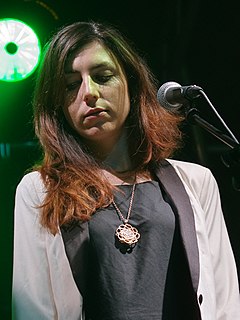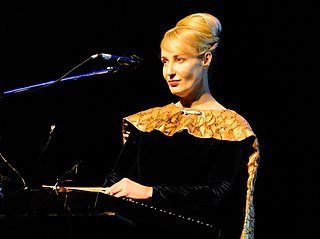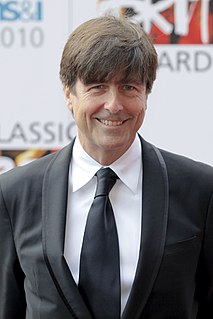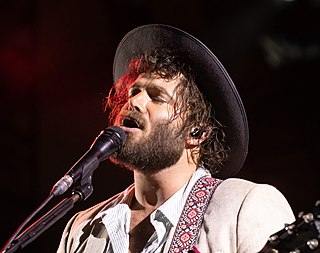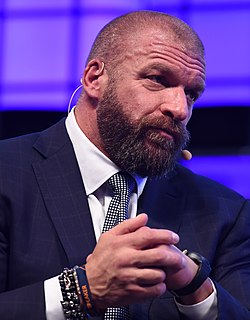A Quote by Rosabeth Moss Kanter
The creative process for me doesn't work as well without an image of an audience in mind.
Related Quotes
Productiveness is your acceptance of morality, your recognition of the fact that you choose to live-that productive work is the process by which man's consciousness controls his existence, a constant process of acquiring knowledge and shaping matter to fit one's purpose, of translating an idea into physical form, of remaking the earth in the image of one's values-that all work is creative work if done by a thinking mind.
Well, it's not all the same, but there are a lot of parallels. I'm not sure how to answer [on psychology background], but I think when I was studying psychology I had a professor and a friend who would talk about "process" all the time. Your process, his process, the group's process. There's some carryover from that discussion to my creative work.
The creative process, so far as we are able to follow it at all, consists in the unconscious activation of an archetypal image and elaborating and shaping the image into the finished work. By giving it shape, the artist translates it into the language of the present and so makes it possible for us to find our way back to the deepest springs of life.
It isn't a hunch but the subconscious mind, which is the creative mind, at work. That is the mind which makes artists do things without their knowing how they came to do them. Perhaps with me it was the cumulative effect of a lot of little things individually insignificant but collectively powerful.
To me, music and songwriting is... part of the intriguing thing is the creative process; you know, the creative thought process. Relying on that... there is some sort of inspiration there and you can't always put your finger on where it comes from. So, it's always been important for me to have my own thing and, even though I'm inspired by and influenced by many different musicians and styles of music, I was very determined early on to have my own thing. So when I sit down to write I don't necessarily have a particular narrative or message in mind. I'm interested in language and in words.
The creative process is just a process and you can't really separate it from life. Growing your hair is a creative process. Your body is creating hair. Being alive is a creative process. Whether it's growing something in the garden or growing a song, the material accumulates. It's the process of being alive; it's the passage of time. Things change.



